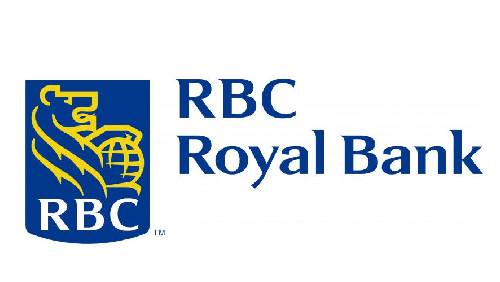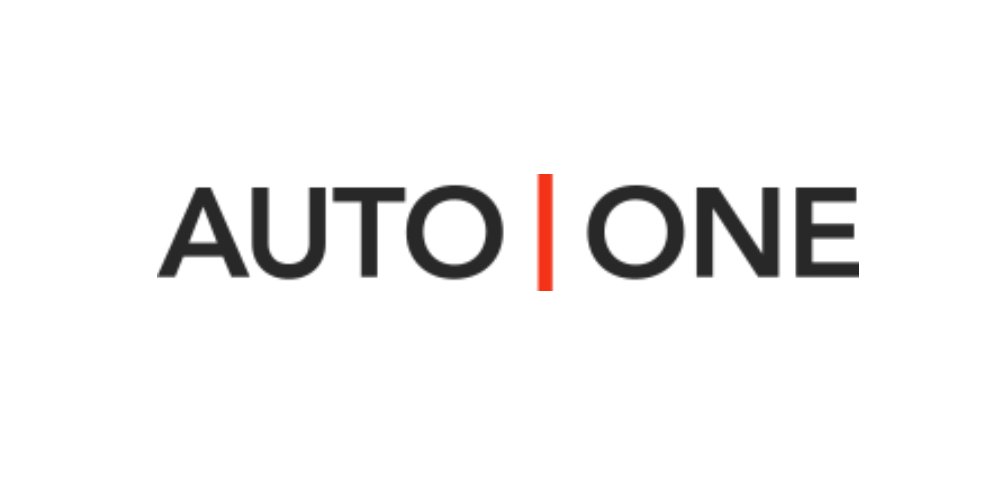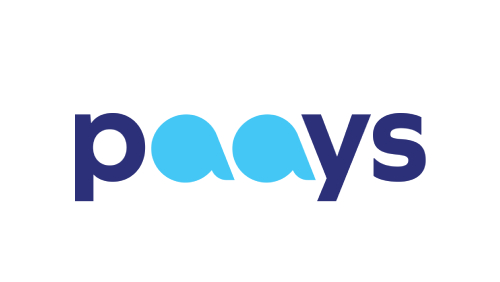Identity-first Lending: Who is behind the wheel?
Abstract: The panel on Identity First Lending emphasized the need for upfront identity verification (IDV) in auto financing to combat rising fraud. Traditional lending models rely on outdated processes, allowing fraudsters to exploit weak verification systems. Zyra Pangilinan (RBC) highlighted the challenge of detecting fraudulent applications without face-to-face interactions, while Jonah Larmor (Pioneer Auto Group) shared how implementing IDV reduced fraud chargebacks by $350,000 and nearly eliminated fraud attempts. Kevin Andrews (Auto One Group) reinforced that IDV should be mandatory, likening it to biometric security in banking. Despite initial dealership resistance, real-world fraud cases proved the necessity of strict verification. With economic uncertainty expected to fuel more fraud, panelists stressed the urgency of industry-wide collaboration, stricter approval processes, and advanced fraud detection tools. The discussion concluded with a call for lenders, dealers, and technology providers to adopt Identity First Lending to protect the industry.

Anne-Marie Kelly: Welcome, everyone, to our discussion on Identity First Lending. This topic is critical as fraud continues to evolve, and we need to rethink traditional lending processes. We’ll explore the importance of identity verification at the beginning of the lending process, discuss how organizations can implement these strategies, and share real-world success stories.
Traditional lending processes still rely on outdated methods that date back to the 1950s. Identity First Lending flips this model, ensuring that the individual financing a vehicle is verified at the first point of contact—not just at the funding stage.
By incorporating identity verification (IDV) and Know Your Customer (KYC) protocols upfront, we can significantly reduce fraud. As Victoria Bowes from law enforcement mentioned earlier, fraudsters exploit weak verification systems. If proper IDV had been in place, many fraudulent transactions could have been stopped before they escalated.
Zyra, what are the biggest challenges RBC faces in identifying fraudulent applicants before or after funding?
Zyra Pangilinan: Fraud is evolving rapidly. The challenge is that applications look perfectly legitimate—until they’re not. Lenders aren’t face-to-face with buyers; we rely on dealers to conduct proper due diligence on our behalf.
While we have robust internal fraud protocols, expecting dealerships to match the same level of scrutiny is unrealistic. They must balance quick approvals with effective fraud prevention, which is a tough challenge. The key is collaborating with lenders and embedding better verification tools into dealer workflows.
Jonah, from a dealership standpoint, how has implementing an Identity First approach impacted fraud prevention at Pioneer Auto Group?
Jonah Larmor: Pioneer Auto Group operates 14 dealerships in Vancouver and generates over $350 million in annual sales. Before implementing Identity First Lending, we were targeted heavily by fraudsters.
By integrating IDV into our process, we’ve:
- Reduced fraud-related chargebacks by $350,000 in the last 12 months.
- Lowered fraud attempts from two to three per week to nearly zero.
- Strengthened trust with our lender partners.
We make ID verification mandatory for all deals. If a finance manager skips this step, they risk losing their commission. That level of accountability has made a huge difference.
Kevin, Auto One Group has a dual role as a leasing company and lender. How do you enforce identity verification across your operations?
Kevin Andrews: We fund leasing companies across Canada and require them to implement strict fraud prevention measures. If they don’t adopt identity-first lending, we simply won’t fund them.
For Auto One’s direct leasing, we enforce IDV at the very start:
- Deals are not reviewed until ID verification is complete.
- Any transactions over $80,000 require a GPS tracker to prevent theft.
- We’ve built an app that requires identity verification to proceed.
Fraudsters are getting smarter, but technology is keeping us ahead. If airports can verify travelers with facial recognition in seconds, why can’t lenders do the same?
There’s a perception that adding ID verification creates friction. How do you address dealership resistance?
Kevin Andrews: The truth is, consumers don’t mind ID verification—dealers do. Customers are used to taking selfies for Face ID, logging into bank apps with biometrics, and using digital signatures. It’s dealerships that resist change because they don’t want extra steps in the sales process.
Our message is simple: You want funding? Follow the process. It costs pennies per transaction and saves thousands in fraud losses.
Jonah Larmor: We faced similar resistance from our finance managers at first. But after a high-profile fraud case, attitudes changed quickly. One finance manager approved a fraudulent deal—luckily, we caught it before delivery. Now, our entire team sees the value in IDV.
Jonah, can you share a real-world example where Identity First Lending prevented fraud?
Jonah Larmor: Absolutely. A few months ago, a customer came in with a fake ID, attempting to purchase a car. Everything seemed fine, and they even passed a basic credit check. However, our IDV system flagged discrepancies.
Upon further investigation, we learned that the individual was wanted by the RCMP for multiple fraud cases. Because we had provided them with a service vehicle while detailing their “new” car, we were able to track their location and assist law enforcement in their arrest.
Had we not implemented Identity First Lending, that deal would have gone through—and we would have lost both the vehicle and the financing.
With interest rates rising and a potential recession ahead, fraud is expected to increase. How are your organizations preparing for this?
Kevin Andrews: We’re already tightening our approval criteria:
- Conducting deeper bank statement reviews.
- Scrutinizing credit applications more carefully.
- Ensuring all transactions start with strict ID verification.
Zyra Pangilinan: At RBC, we’ve launched a Fraud Task Force dedicated to:
- Identifying fraud trends months in advance.
- Strengthening industry collaboration.
- Ensuring that lenders, dealers, and technology providers work together.
Fraud is an existential threat to the industry. If we don’t take a united approach, we all lose.
Jonah Larmor: For dealerships, transparency is key. We openly discuss fraud prevention with our lender partners and explain to customers why ID verification protects them.
Anne-Marie Kelly: Fraud is the result of poor identity management. By shifting ID verification to the front of the process, we create a trusted ecosystem for lenders, dealers, and consumers.
To all attendees—take this discussion back to your organizations. Implement Identity First Lending. The future of fraud prevention depends on it. Thank you to our panelists and audience for this insightful discussion!
Sign up for our 2026 Summit Series







